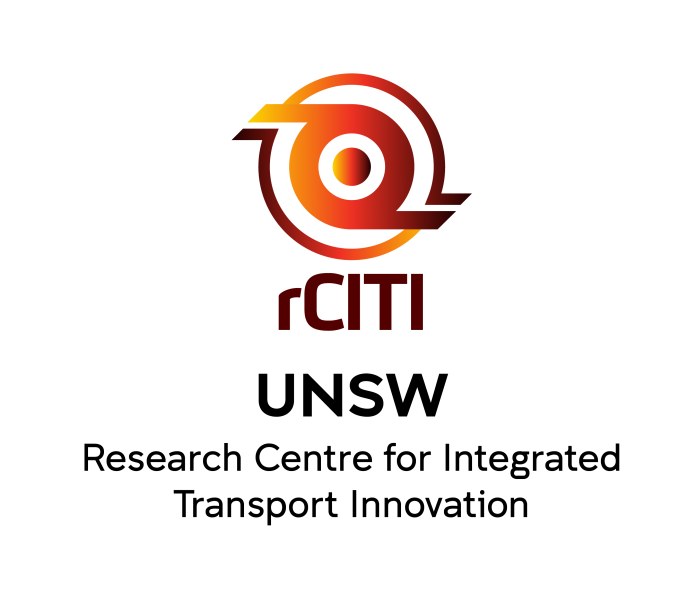Guest Speaker - Dr Quentin Meyer
|
Guest Speaker |
Dr Quentin Meyer Senior Post-Doctoral Researcher |
|
|
Topic: How to make hydrogen fuel cells cheaper and more efficient? Date: Mon 17July 2023 |
||
|
BIOGRAPHY: Dr Quentin Meyer obtained a master’s degree in Electrochemical Engineering and Electrochemical Research in 2011 from the Grenoble Institute of Technology (Grenoble-INP, Grenoble, France). He defended his PhD in Advanced Diagnosis for Proton Exchange Membrane Fuel Cells in 2015 working for Prof Dan Brett and was awarded an Award for Research Excellence (University College London, London UK). After a successful post-doctoral position in 3-D imaging of hydrogen fuel cells at University College London, he then relocated to Australia in 2017. Following some consultancy, teaching emerging start-ups hydrogen fuel cells and lithium-ion battery engineering, he joined Prof Zhao’s group as a senior post-doctoral researcher and laboratory manager (>20 people) at the University of New South Wales (Sydney, Australia). After setting up the new hydrogen laboratory and helping secure research funding, he currently leads the exciting hydrogen fuel cells cluster. His research topic deals with electrocatalysis of complex reactions, focusing on the structure-to-performance relationships, and investigating the activity and durability of low-cost electrocatalysts for hydrogen fuel cell and electrolyser applications. Until July 2023, he has published 54 journal articles, filed 1 patent, and given over 25 communications at national and international conferences and over 30 invited seminars. |
|
ABSTRACT: Low-cost, high-performance, and durable hydrogen fuel cells are crucial for the success of the global hydrogen economy and Australia’s hydrogen roadmap. This guest lecture will introduce hydrogen fuel cells and provide an overview of Dr Meyer’s research. This lecture will first describe the different types of hydrogen production streams and the different types of hydrogen fuel cell technologies. Then it will explain how to select a hydrogen fuel cell technology (e.g., solid oxide fuel cell or proton exchange membrane fuel cells) and design a system, from a small hydrogen fuel cell (in the lab) to a fully functional fuel cell stack producing hundreds or thousands of kilowatts (e.g., for a car, truck, train, or even a power plant), and further discuss the environmental benefits of hydrogen fuel cells. Then, this lecture will focus on how to reduce hydrogen fuel cell costs and improve their efficiency. Hydrogen fuel cells currently use costly platinum to generate electricity, with a lot of active research on developing alternative materials using iron, manganese, and cobalt. While iron-based catalysts are very promising replacements for platinum, their best hydrogen fuel cells' durability (<300 hours) is much lower than platinum (10 to 20,000 hours), suggesting complex device-level challenges. Dr Meyer's work will provide an overview of these challenges, using advanced characterisation techniques following a recent publication by his team in Energy and Environmental Science. Finally, Dr Meyer will introduce the world’s largest super-resolved digital twin of a hydrogen fuel cell structure generated on the world's most powerful supercomputer. This model allows the visualisation of large-scale (> 16 mm2) water transport using Lattice-Boltzmann simulations. These ground-breaking findings were published in Nature Communications by Dr Meyer and his team in February 2023. This easily tuneable model will be crucial to further improve hydrogen fuel cells efficiency via the design and optimization of gas and water transport. |
 |




